Team

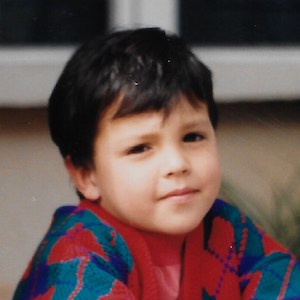
Julian Jara-Ettinger
Principal Investigator. CV (updated 09/2025).


Alina Dau
Lab Manager.
Postdocs
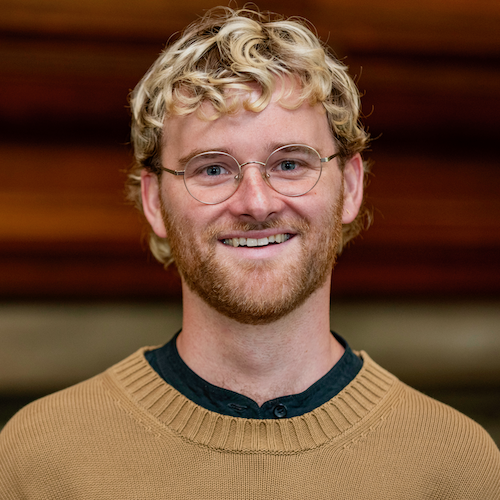

Ben Morris. Everyday conversation is a ubiquitous testbed of mental-state reasoning. Broadly, I am interested in how children rely on and exploit mental reasoning in conversational contexts. To become smooth conversationalists, young children must learn to extract mental information from language to learn about people, and also recruit mental reasoning to learn language. In much of my work, I explore how children infer mental states not from what someone says, but from how (and especially how quickly) they say it.
Graduate students

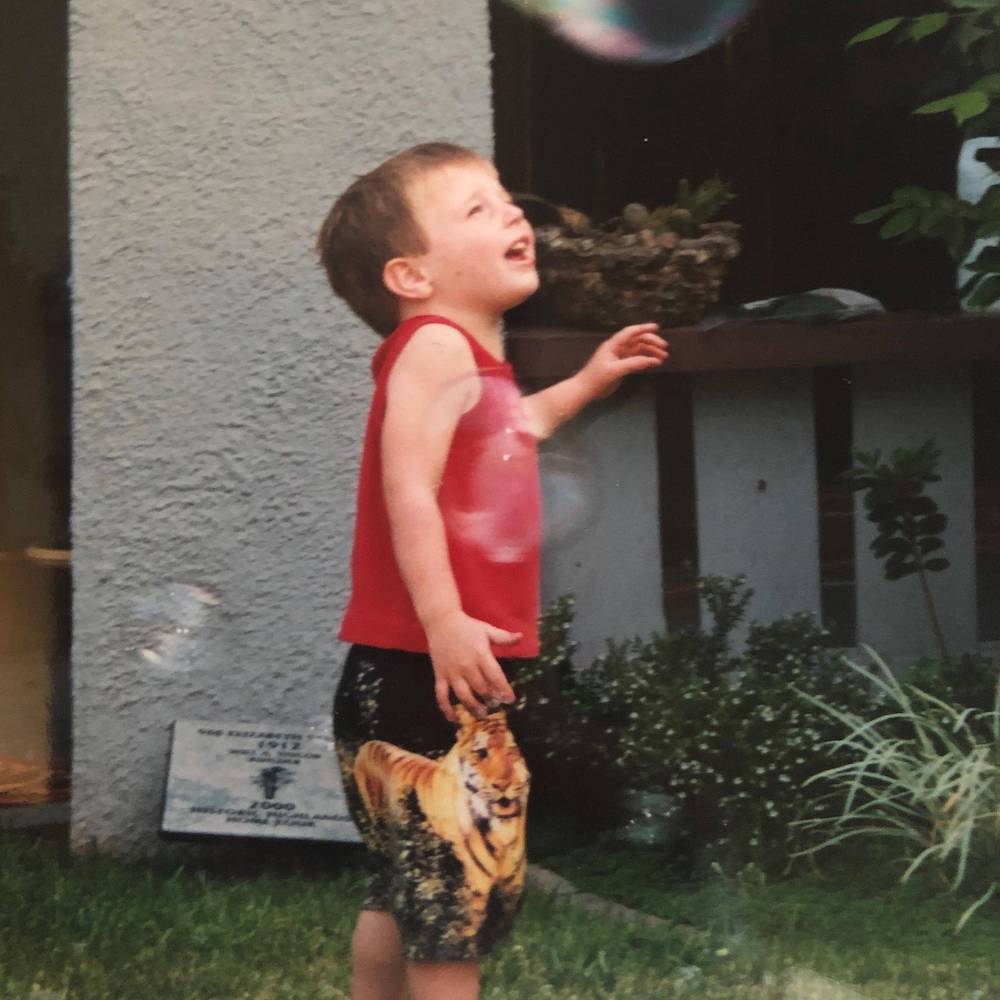
Aaron Baker. The social world is a profoundly complex space that we seem to navigate with relative ease. Every day, we interact with individuals and groups in a variety of ways, and often times with complete strangers. I'm concerned with the representations we use that can be flexibly applied across many situations to solve social problems. For example, how do social roles guide or modulate our representations of an agent's behavior? I leverage developmental and computational perspectives to find answers to these questions.


John Muchovej. Our most behaviorally successful computational models of mind often have diverging representations from those that humans intuitively have. Further, these models tends to scale poorly to more realistic domains. My work aims to endow computational models with human-like representations and explores how we can scale these algorithms to more realistic and multi-agent domains. My research primarily uses behavioral and computational methods.


Amanda Royka. In the broadest terms, I am interested in theory of mind. More specifically, I study how we use our ability to infer others’ mental states and predict others’ actions in order to make our own behavior more understandable to those around us. Most obviously, this occurs in the context of communicative interactions in which you are trying to make both your communicative goal and specific message apparent to your intended recipient. However, I’m also interested in the ways in which we broadcast our mental states outside of explicitly communicative moments as well. I use behavioral, comparative, cross-cultural, and computational approaches to gain a fuller picture of this incredible capacity to flexibly reveal our own mental states. Personal Website
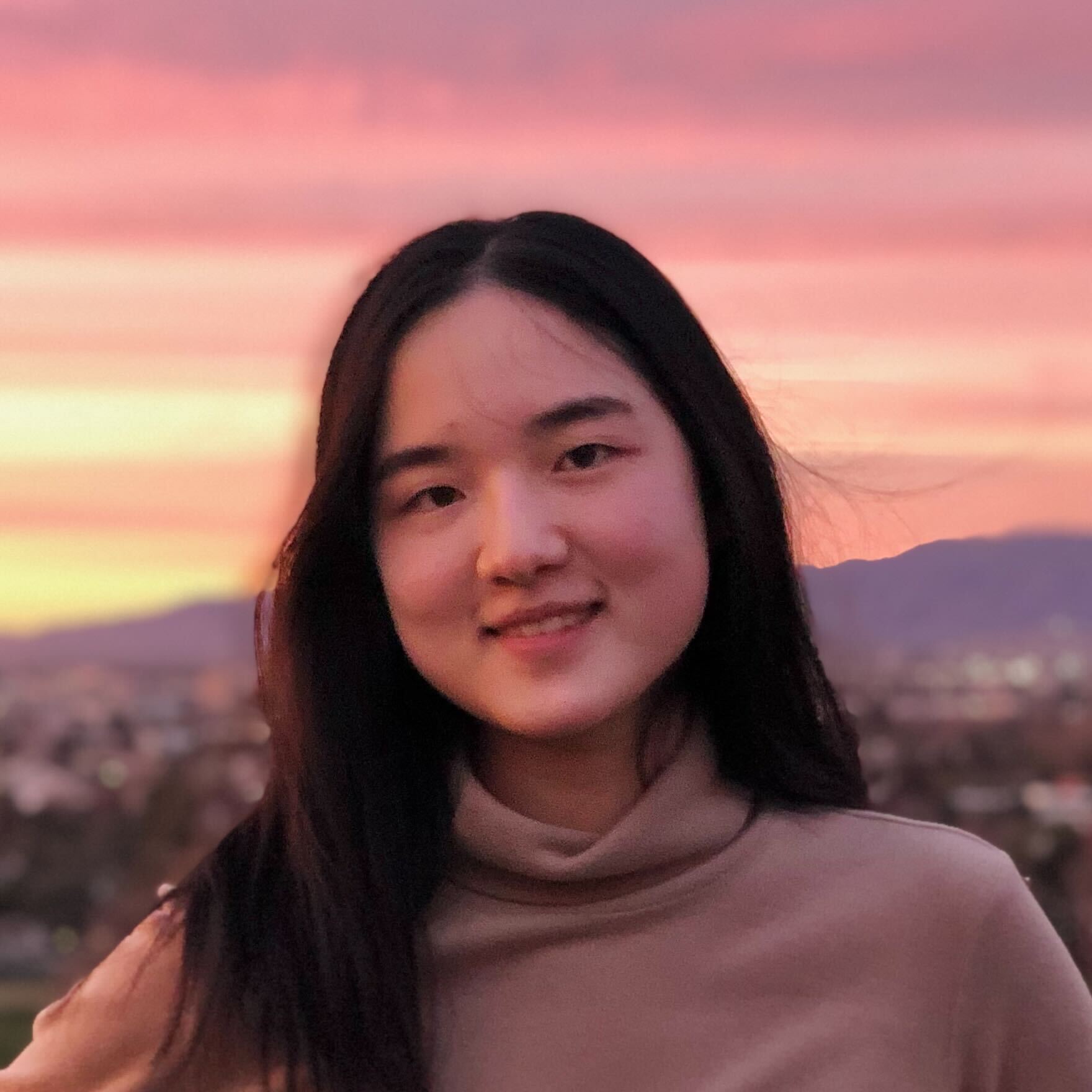

Zihan Wang. With a short period of observation of social interactions, we appear to discern the potential relationships or dynamics between the people involved. What cues do we look for or rely on when making such social inferences? How do we extract relevant details from a rich social context? How can we instill such inductive biases into models so they can reason, infer, and predict in a human-like manner? Which social rules, norms, or structures are easier or harder to learn? What empowers social learning and communication? I aim to explore the uniqueness of social intelligence through both developmental and computational modeling.
Undergraduate students


Sophie Lau.


Julia Miller.
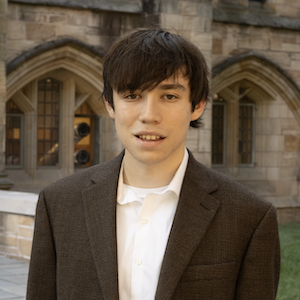

Ben Sterling.
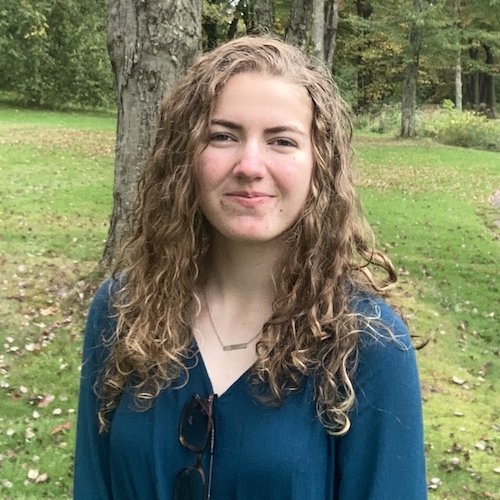

Emma Carollo.
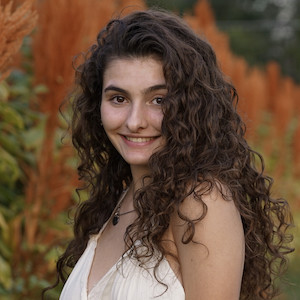

Olivia White Storti.
Lab alumni
Urvi Suwal Research Associate -> Graduate student, UCSD.
Rui Zhang Lab Manager -> Graduate student, Brown University.
Mika Asaba Postdoctoral fellow -> Teaching Lab Studio
Flora Zhang Graduate Student -> Postdoctoral fellow, Brown University.
Marlene Berke Graduate Student -> Postdoctoral fellow, MIT.
Daniel Horschler Postdoctoral fellow -> Principal Scientist at Hill's Global Pet Nutrition Center.
Michael Lopez-Brau Graduate Student -> Industry.
Mackenzie Briscoe Lab Manager -> Graduate student, Psychology, Harvard University.
Marieke Woensdregt Postdoc -> Postdoc, Max Planck Institute.
Rosie Aboody Graduate student -> Postdoc, Harvard University.
Colin Jacobs Lab manager -> Graduate student, Psychology, UC Berkeley.
Madison Flowers Lab manager -> Law student, Georgetown University.